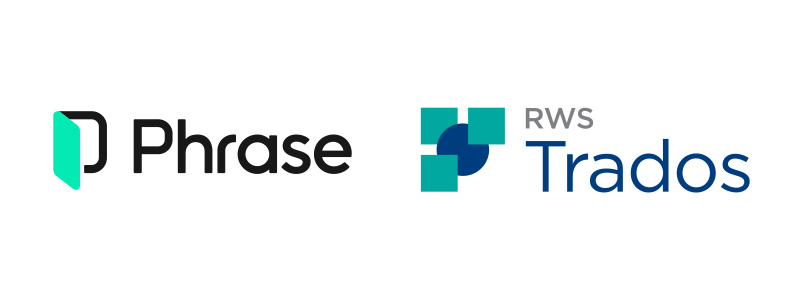Course Overview
Our MA in Translation and Interpreting is a uniquely specialised course that builds the skills and experience in specialised translation studies, with a strong focus on interpreting within a range of settings and modes.
And with Swansea University being a former member of the European Master’s in Translation Network (EMT), and our courses complying with the Bologna pattern of Higher Education, you can be confident that your studies are reputable and focussed on employability.
Throughout your studies you will benefit from a high level of flexibility, with our courses available both full-time and part-time, as well as the option to complete the 2 year extended programme in 15 months.
If you choose to study the 2-year extended degree, you will also benefit from specialisation credits, which can be taken as further study at Swansea University, or through completing a semester abroad at one of our partner institutions.
For those who are native or near-native in both English and French, we also offer a Double MA in Specialised Translation with Université Grenoble-Alpes (UGA) in France.






